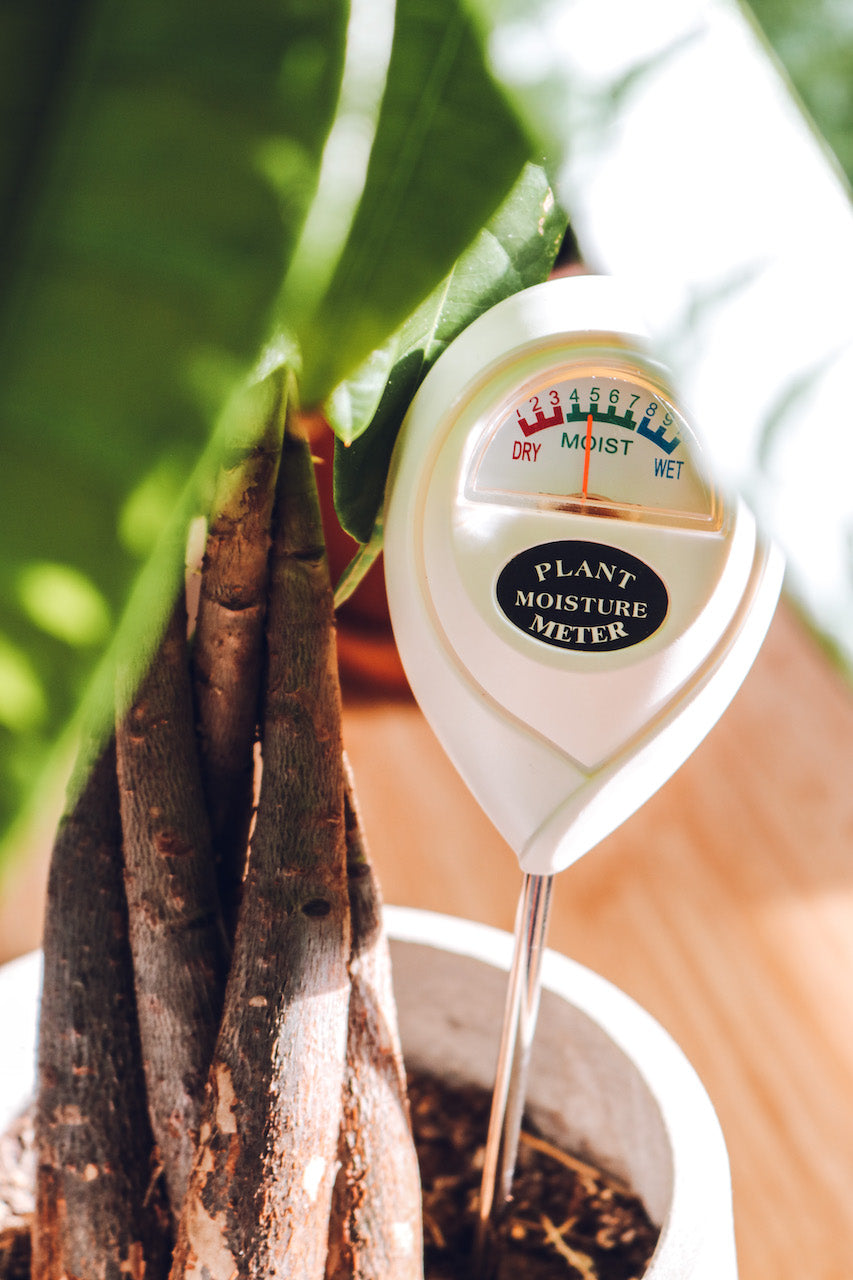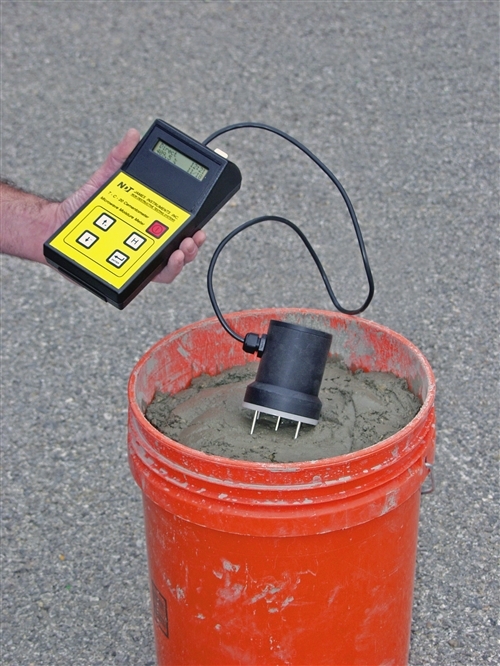The Scientific Research Behind Moisture Meters: How They Function and Why They're Necessary
The Scientific Research Behind Moisture Meters: How They Function and Why They're Necessary
Blog Article
The Ultimate Overview to Wetness Meters: A Comprehensive Introduction and Just How They Can Save You Cash
Wetness meters serve as indispensable tools in discovering and checking moisture material in products, aiding in preventing costly damages and making certain the quality of items. Understanding the nuances of various types of moisture meters, their applications, and the potential cost-saving advantages they provide can be a game-changer for experts and services alike.
Sorts Of Moisture Meters
Numerous kinds of dampness meters are readily available for different applications in various markets. One typical type is the pin-type wetness meter, which determines the electric resistance in between 2 pins placed into a material. This type is appropriate for wood, drywall, and other structure materials. Pinless dampness meters, on the other hand, use electro-magnetic sensor plates to check a bigger location without causing damage to the material's surface. Moisture Meter. These meters are excellent for promptly evaluating moisture degrees in big locations such as walls and floorings.

Additionally, there are likewise specialty wetness meters designed for details materials like hay, soil, or grain. These meters give precise moisture analyses tailored to the unique residential properties of the product being examined. Infrared dampness meters measure the thermal buildings of a product to determine its dampness content non-invasively, making them beneficial for applications where pin or pinless meters may not appropriate. Recognizing the different sorts of dampness meters offered can aid markets select one of the most proper tool for their specific moisture measurement demands.

Benefits of Making Use Of Wetness Meters
Wetness meters use invaluable benefits in precisely keeping track of and evaluating moisture levels in diverse products and settings (Moisture Meter). One of the main advantages of using moisture meters is the avoidance of possible damage brought on by excess dampness. By spotting and attending to high wetness levels at an early stage, dampness meters help to avoid mold and mildew growth, rot, and architectural damage in structures, conserving both time and cash on repair services. In addition, dampness meters aid in making sure the top quality of products during building or production processes. By accurately measuring dampness content, these tools assist keep the honesty of wood, drywall, concrete, and other products, lowering the risk of problems or failings.
Moreover, utilizing wetness meters can result in enhanced energy effectiveness. By determining areas with high wetness degrees, such as leaks or bad insulation, modifications can be made to boost energy conservation and lower utility prices. In farming settings, moisture meters play an important function in optimizing crop yields by allowing farmers to check soil dampness levels and make educated irrigation choices. Generally, the benefits of making use of dampness meters cover across various industries, giving cost-effective remedies and advertising far better quality assurance methods.
Just How to Select the Right Moisture Meter
When selecting a moisture meter, it's vital to guarantee that the meter is appropriate for the certain material you will be testing. Different materials have differing electrical buildings that can influence dampness analyses, so picking a meter designed for your product is crucial for exact results. By meticulously examining these elements, you can choose a dampness meter that satisfies your demands and offers accurate wetness measurements for your jobs.
Proper Techniques for Dampness Meter Usage

Expense Financial Savings With Wetness Meter Applications
How can the critical utilization of dampness meters result in significant cost savings across numerous sectors? Dampness meters play a vital duty in expense financial savings by avoiding possible damages and ensuring helpful hints quality assurance in different markets. In the farming sector, dampness meters help in figuring out the ideal time for harvesting crops, stopping over-drying this page or excess moisture that can impact the end product's high quality. This accurate surveillance helps farmers avoid unnecessary losses and maximize their yield.
In a similar way, in building, moisture meters help protect against expensive damages by discovering wetness degrees in structure materials, such as timber or concrete, which can lead to structural issues otherwise addressed immediately. By identifying issue locations early on, professionals can take corrective measures to stay clear of extensive repair work or replacements, inevitably conserving time and money.
In addition, in the food handling industry, moisture meters are crucial for checking item high quality and making sure compliance with security policies. By properly measuring dampness material in foodstuff, producers can prevent wasting, keep freshness, and lower basics waste, causing substantial expense savings. Overall, the tactical application of dampness meters is a valuable financial investment that can lead to considerable price reductions and enhanced efficiency throughout numerous markets.
Verdict
In verdict, wetness meters are valuable devices for finding and gauging wetness degrees in numerous materials. By making use of the right wetness meter and adhering to proper strategies, individuals can efficiently protect against costly damages triggered by excess moisture.
Dampness meters offer as important tools in detecting and monitoring moisture content in materials, assisting in stopping pricey damages and making sure the high quality of products. Infrared wetness meters measure the thermal homes of a material to establish its moisture web content non-invasively, making them helpful for applications where pin or pinless meters might not be ideal.Wetness meters offer invaluable advantages in precisely assessing and monitoring moisture levels in varied products and environments. In farming setups, wetness meters play a critical duty in maximizing crop returns by enabling farmers to keep track of dirt dampness levels and make educated watering decisions.In final thought, dampness meters are important tools for measuring and identifying wetness levels in various products.
Report this page